
Stories, ideas, and updates from DGers around the world
The Development Gateway: An IREX Venture blog is where DGers share specific learnings, offer thought-provoking insights, and pose challenging questions for the sustainable development community derived from our work.
Our blog has a deep archive going back to 2005. Each post is a snapshot into our work, priorities, and values.
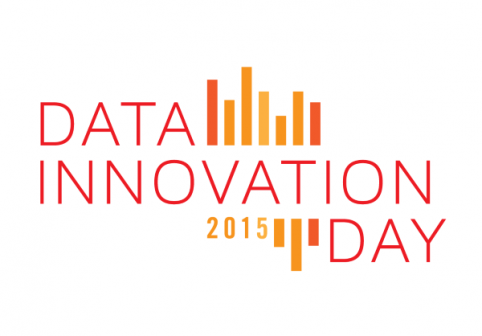
Setting your Data-lutions for 2015
It’s a new year and you probably have your resolutions picked out, and maybe have already given up on one or two of them. Well it’s not too late to add to the list (or replace the unsuccessful). We suggest making a few data-lutions this year and have found a few good ideas to ponder.
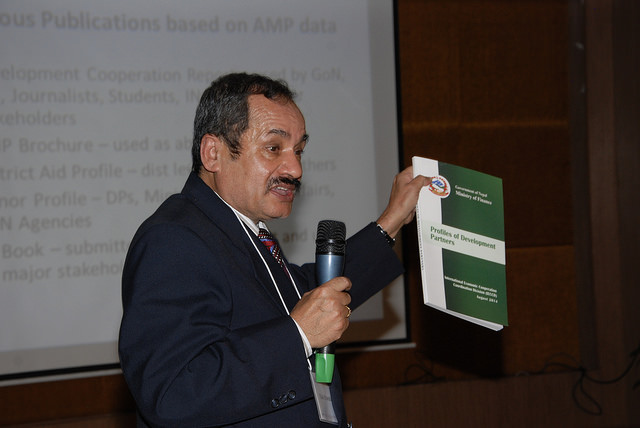
Leveraging Data to Reshape Relationships
In December 2014, Development Gateway hosted the 7th Annual Aid Management Program Good Practices Workshop in Kathmandu, Nepal. This event brought together representatives from over ten countries for discussions, knowledge sharing, and hands-on sessions. Over the next several weeks, we will be releasing posts covering some of these breakout sessions. Be sure to review our Blog and Twitter (#AMPWS2014) for previous posts.

The Next Five Years: Replacing Build Back Better with a Cycle of Constructive Communication
Today marks the fifth anniversary of the devastating 2010 earthquake in Haiti. While the disaster has faded from the news cycle, the Government of Haiti, donor agencies, and citizens are still walking down the road of reconstruction. As individuals involved in this effort, today of all days we should stop to ask:“What is my role in this recovery process, and how well am I performing in that capacity?”
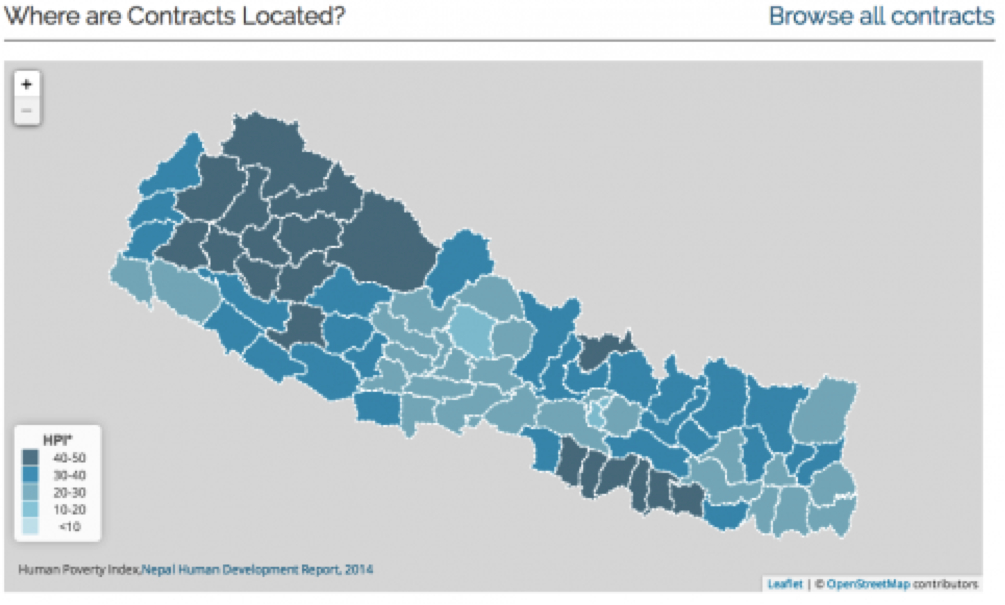
Open Contracting for Open Development: Insights and Applications
“If your mother gives you $10 to go to the store to buy a bottle of milk, you have to show her, 'Here is the milk and here is the change.' Likewise, we are obliged to show taxpayers exactly what we are doing with their money.”- María Margarita “La Paca” Zuleta, Director of Colombia Compra Eficiente
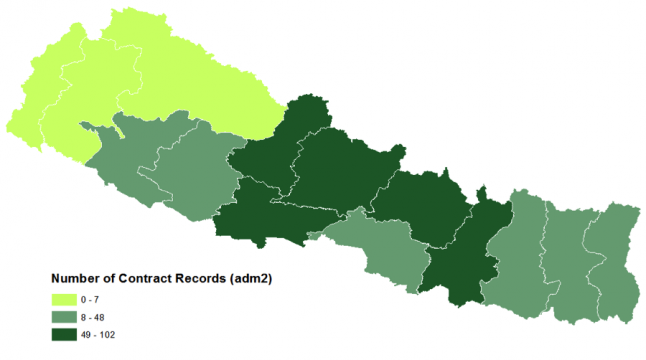
Open Contracting: Going Granular for Increased Transparency and Accountability
Knowing where aid projects are located is important for making smart allocation and evaluation decision - but to know what is actually happening on the ground, you can’t stop there.Typically, project implementers are the only ones with knowledge of detailed project information. While contracts also offer a wealth of data points - about who is implementing which activities where, and with how much money - most contracts are either not publicly available, or not easily downloadable.
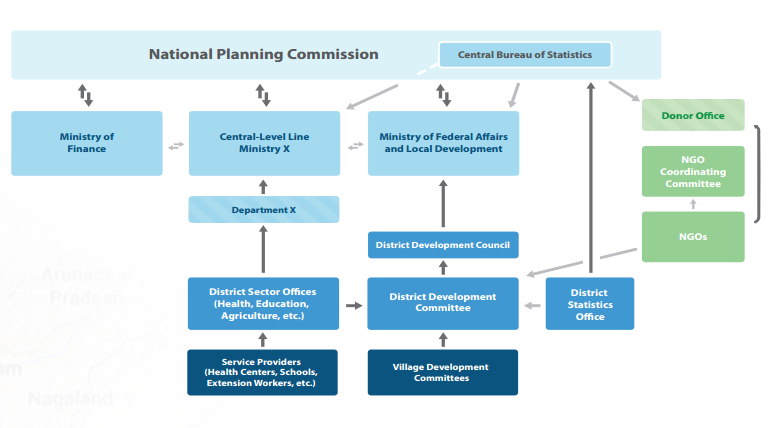
Lessons from Nepal: Getting government data to everyone else
This is the third (and final) post in a three-part series relaying the findings from a study of government data use in Nepal. Read the first post and second post.

Live from Nepal at #AMPWS2014
'This week, Development Gatewayand the Government of Nepal have been hosting the 7th Annual Aid Management Program Good Practices Workshop. Below are the opening remarks from DG CEO Jean-Louis Sarbib; stay tuned for more blog posts about the workshop, and follow along on Twitter with #AMPWS2014. Excellency Mr. Suman Prasad Sharma, Nepal Finance Secretary; distinguished delegates; dear collegues and partners –'

Lessons from Nepal: Data, Incentives, & Champions
This is the second post in a three-part series relaying the findings from a study of government data use in Nepal. Read the first post here.Why should a government official care about using data?

Meeting the Challenge of Open Data
'Next week is our Annual Aid Management Program (AMP) Good Practices Workshop - and this year’s theme is “Meeting the Challenge of Open Data.” However, the “Data Revolution” is already underway, and many attending countries have already gone public with their Aid Management Platforms - so why this theme, and why now?Here’s why: At Development Gateway, we know that Open Data is about much more than throwing data out into the universe; it’s about using that information once it’s available, and getting back to the why behind data transparency.'

Scaling up South-South Cooperation
As attention shifts to the Sustainable Development Goals, Development Gateway reaffirms our decades-long commitment to facilitating South-South cooperation and urges the United Nations to ensure that post-2015 plans include all voices. Below is an outline of remarks given by Development Gateway CEO Jean-Louis Sarbib at the United Nations Office for South-South Cooperation’s Global South-South Development Expo in Washington, DC.